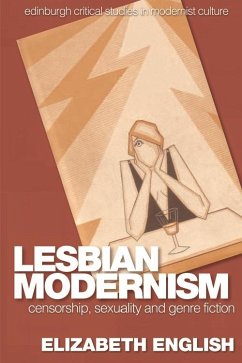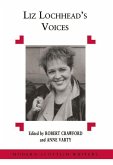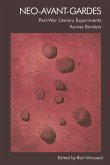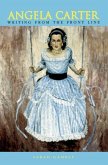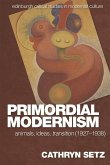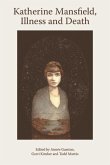The first book-length study to explore the importance of genre fiction for the body of literature we call lesbian modernismElizabeth English explores the aesthetic dilemma prompted by the censorship of Radclyffe Hall's novel The Well of Loneliness in 1928. Faced with legal and financial reprisals, women writers were forced to question how they might represent lesbian identity and desire. Modernist experimentation has often been seen as a response to this problem, but English breaks new ground by arguing that popular genre fictions offered a creative strategy against the threat of detection and punishment. Her study examines a range of responses to this dilemma by offering illuminating close readings of fantasy, crime, and historical fictions written by both mainstream and modernist authors. English introduces hitherto neglected women writers from diverse backgrounds and draws on archival material examined here for the first time to remap the topography of 1920s-1940s lesbian literature and to reevaluate the definition of lesbian modernism.Key Features:Rethinks the lesbian modernist project to demonstrate that genre fiction not only influenced modernist writers such as Woolf and Stein but also found its way into their ostensibly highbrow workBrings to light hitherto neglected mainstream writers working in popular genres who contributed to the lesbian modernist aestheticSituates Katharine Burdekin within the context of lesbian modernism for the first time, employing hitherto unseen archive material (including letters and manuscripts)Divided into three broad multi-author genres (fantasy, historical and detective fictions), the study covers popular fictions such as utopian writing, the supernatural, historical biography, historical romance, and the classic country-house crime novel
Dieser Download kann aus rechtlichen Gründen nur mit Rechnungsadresse in A, B, BG, CY, CZ, D, DK, EW, E, FIN, F, GR, HR, H, IRL, I, LT, L, LR, M, NL, PL, P, R, S, SLO, SK ausgeliefert werden.

